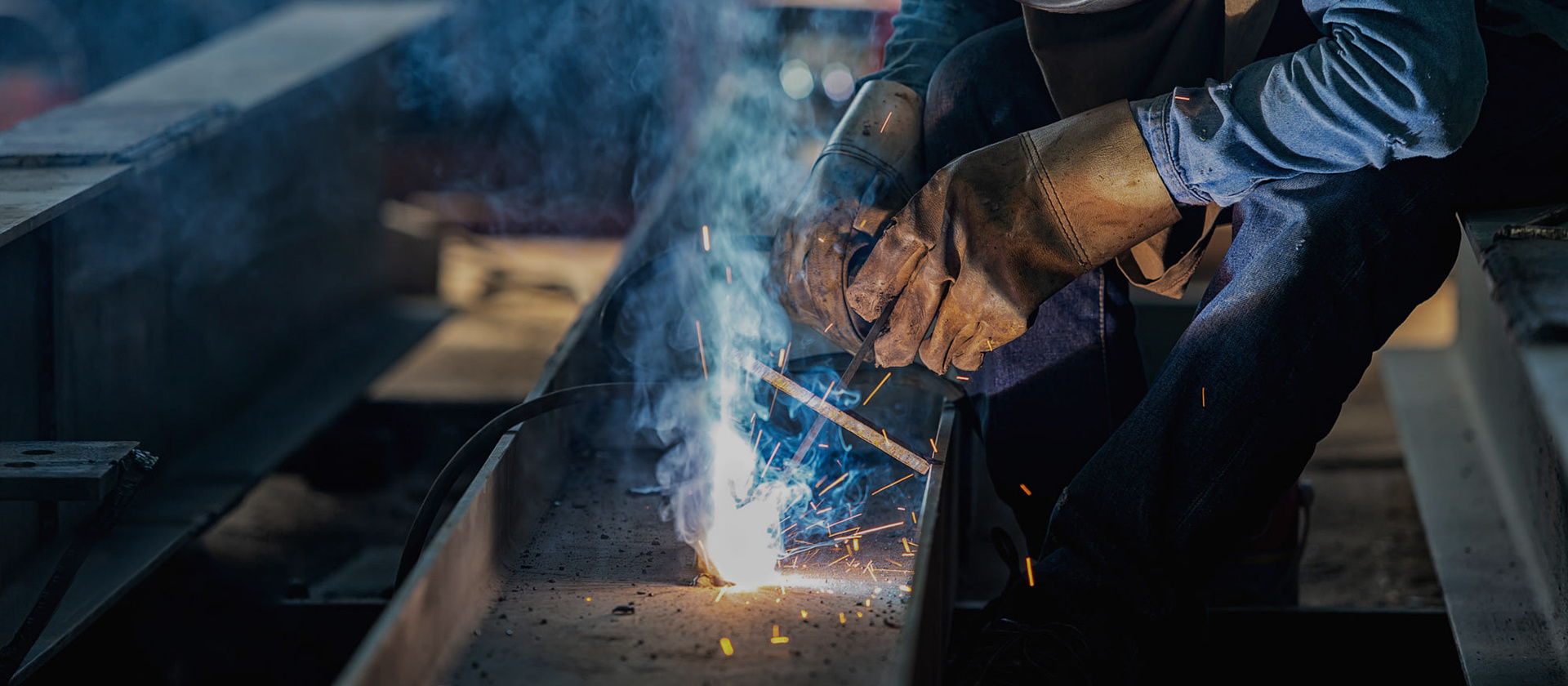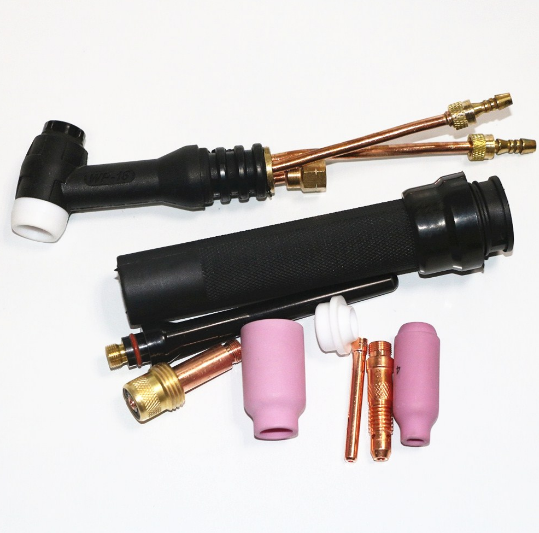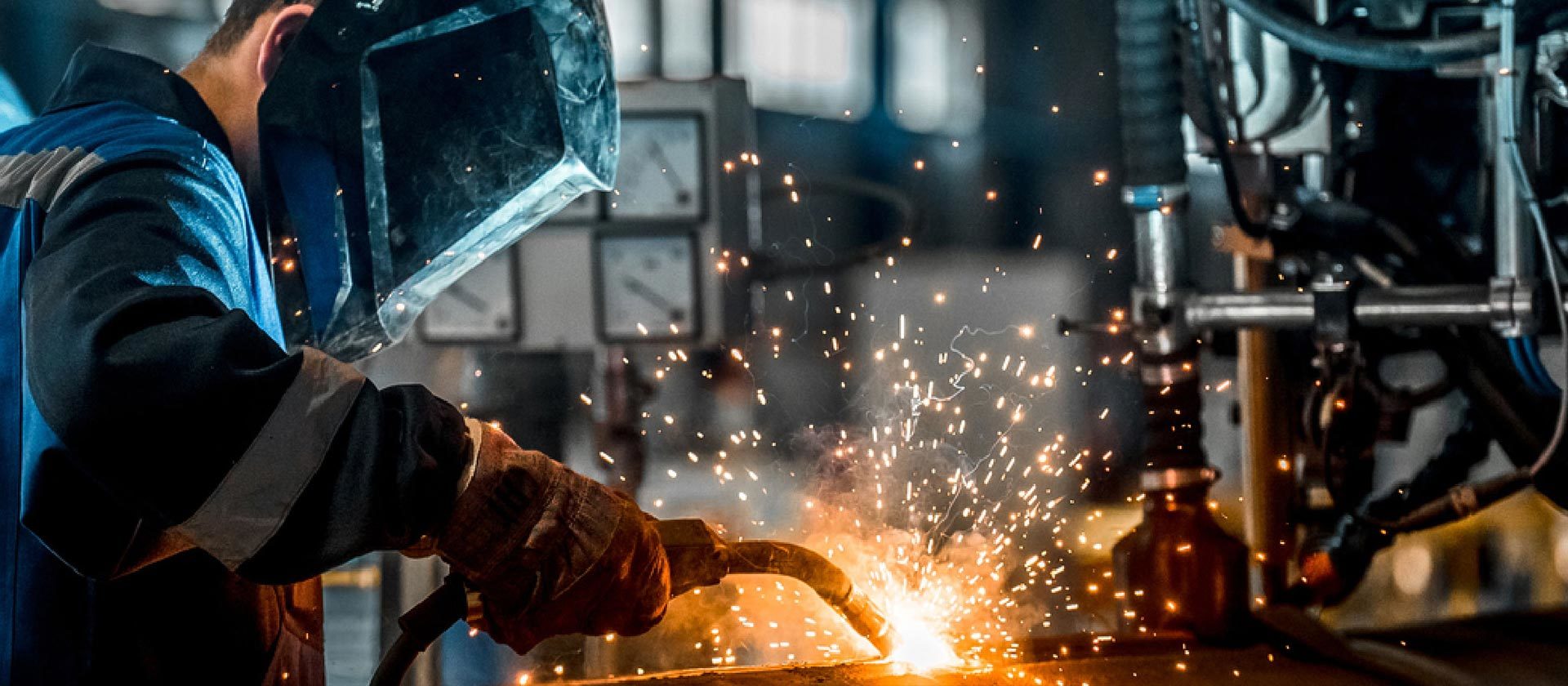language
Essential Guide to Choosing the Right Torch for Welding Applications
May 22,2025
Welding is a critical process in various industries, and the choice of torch plays a significant role in ensuring effective and safe operations. A torch is an essential tool used for welding, cutting, and brazing. Understanding the different types and their applications is crucial for maximizing efficiency and quality in your work.
There are several types of torches designed for specific uses. Th
Welding is a critical process in various industries, and the choice of torch plays a significant role in ensuring effective and safe operations. A torch is an essential tool used for welding, cutting, and brazing. Understanding the different types and their applications is crucial for maximizing efficiency and quality in your work.
There are several types of torches designed for specific uses. The most common types include oxy-fuel torches, plasma cutting torches, and TIG (Tungsten Inert Gas) torches. Oxy-fuel torches utilize a combination of oxygen and a fuel gas, such as acetylene, to produce a flame that can reach high temperatures, making them ideal for cutting and welding metals. On the other hand, plasma cutting torches use ionized gas to cut through metals with precision and speed, making them suitable for thicker materials.
When selecting a torch, consider the materials you will be working with. Different torches and tips are designed for various types of metals, such as steel, aluminum, or stainless steel. For instance, TIG torches are particularly effective for welding thin materials and providing a clean, precise weld, while MIG (Metal Inert Gas) torches are favored for their speed and ease of use in various welding applications.
Another crucial aspect to consider is the size and ergonomics of the torch. A well-balanced torch that fits comfortably in your hand will reduce fatigue during prolonged use and enhance your control over the welding process. Look for adjustable settings that allow you to control the flame size and intensity, which can be critical for achieving the desired results on different materials.
Maintenance is equally important for the longevity of your torch. Regularly inspect the torch for wear and tear, clean the nozzle, and ensure that all connections are secure. Proper maintenance will not only extend the life of your torch but also ensure safety during operation.
In conclusion, understanding the various types of torches and their specific applications is crucial for any welding professional. By considering the materials, ergonomics, and maintenance requirements, you can select the right torch that enhances your work quality and efficiency. Whether you are a seasoned welder or just starting, investing time in choosing the appropriate torch will yield significant benefits in your welding projects.
There are several types of torches designed for specific uses. The most common types include oxy-fuel torches, plasma cutting torches, and TIG (Tungsten Inert Gas) torches. Oxy-fuel torches utilize a combination of oxygen and a fuel gas, such as acetylene, to produce a flame that can reach high temperatures, making them ideal for cutting and welding metals. On the other hand, plasma cutting torches use ionized gas to cut through metals with precision and speed, making them suitable for thicker materials.
When selecting a torch, consider the materials you will be working with. Different torches and tips are designed for various types of metals, such as steel, aluminum, or stainless steel. For instance, TIG torches are particularly effective for welding thin materials and providing a clean, precise weld, while MIG (Metal Inert Gas) torches are favored for their speed and ease of use in various welding applications.
Another crucial aspect to consider is the size and ergonomics of the torch. A well-balanced torch that fits comfortably in your hand will reduce fatigue during prolonged use and enhance your control over the welding process. Look for adjustable settings that allow you to control the flame size and intensity, which can be critical for achieving the desired results on different materials.
Maintenance is equally important for the longevity of your torch. Regularly inspect the torch for wear and tear, clean the nozzle, and ensure that all connections are secure. Proper maintenance will not only extend the life of your torch but also ensure safety during operation.
In conclusion, understanding the various types of torches and their specific applications is crucial for any welding professional. By considering the materials, ergonomics, and maintenance requirements, you can select the right torch that enhances your work quality and efficiency. Whether you are a seasoned welder or just starting, investing time in choosing the appropriate torch will yield significant benefits in your welding projects.
Add
Xing village, lvgongbao town, renqiu city, hebei province, china









